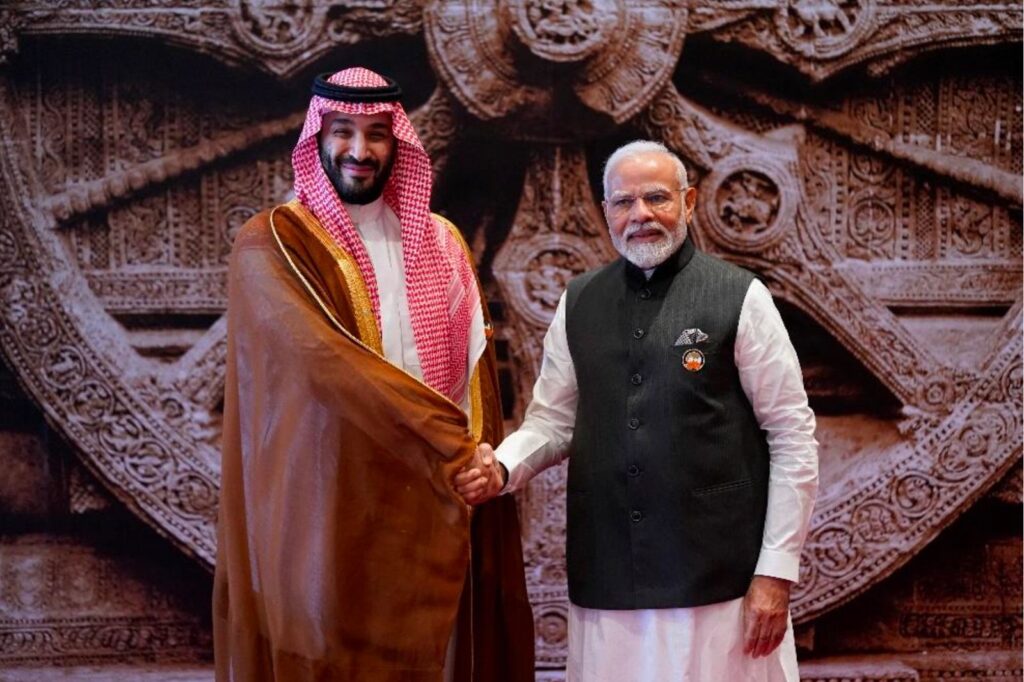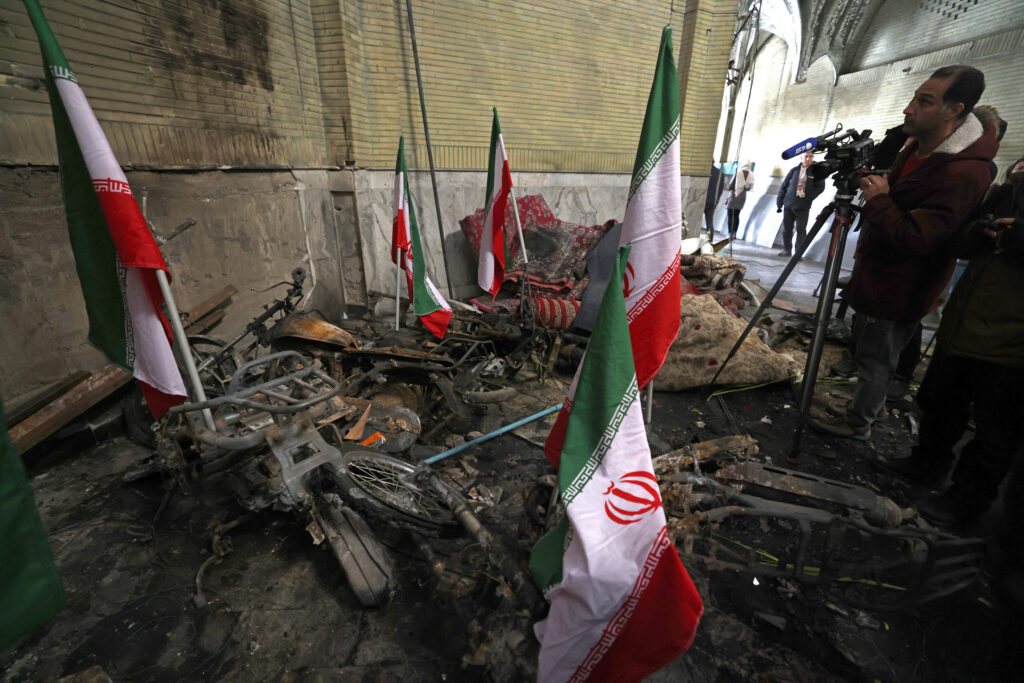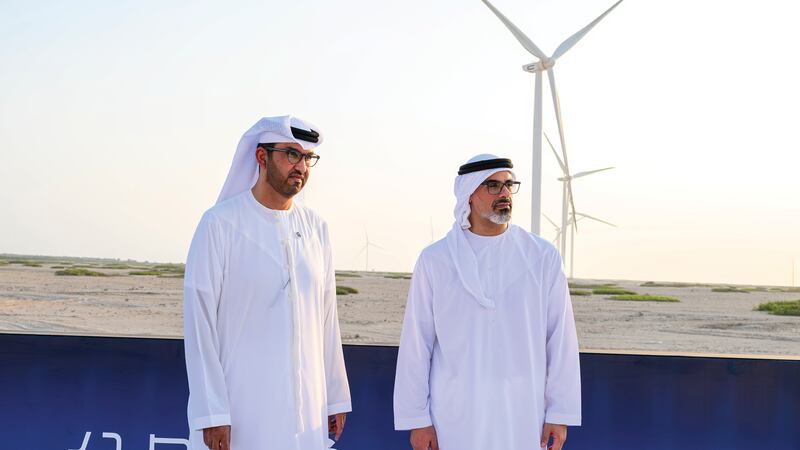Editor’s Introduction
Relations between India and the Middle East have long been based on three elements: manpower, remittances and oil. Traditionally, India has served well in providing manpower for infrastructural developments in the oil-rich Gulf countries and has in turn benefited from the massive remittances flowing back home from its workers in the region. For their part, the Gulf countries have historically served as a rich source of energy for India. However, this relationship is rapidly extending into new domains beyond the economic, specifically, transcending into the geopolitical realm. The deepening of India–Middle East relations is as much a story of India looking westward as it is about the Middle East turning its gaze eastward. In recent years, India and the Middle East have found common grounds to cooperate in the fields of counterterrorism and combatting religious extremism.
Two other developments in recent years underscore the growing proximity between India and the Middle East region. The first is the transition of the Gulf economies away from their dependence on hydrocarbons. That shift naturally positions India, with its teeming millions, as an attractive market for the emerging industries in the Gulf countries. Notable in this context is the Gulf countries’ investment in India’s agriculture sector, which plays a crucial role in ensuring the Gulf’s food security. Exemplifying this shift is the significant boost to non-oil trade between the UAE and India within just a year of the implementation of the Joint Comprehensive Economic Partnership Agreement they signed in 2022.[1]
The other important factor is India’s ascent as a global economic powerhouse. In the context of China’s global influence today and the US-China rivalry, a rising India’s growing closeness with the Middle East is increasingly seen as a favourable development by the United States as well as the European Union. Reflections of such sentiments can be found in new regional groupings such as the QUAD and the I2U2. The QUAD, the Quadrilateral Security Dialogue between Australia, India, Japan and the United States, brings India to the high table of geopolitics in the Asia-Pacific. Similarly, the I2U2 grouping, involving India, Israel, the UAE and the United States, underscores India’s crucial role in the Middle East. The most tangible manifestation of the fact that the Western powers are facilitating the deepening of India’s relationship with the Middle East was last year’s agreement on an India–Middle East–Europe Economic Corridor.
With the United States shifting its security focus from the Middle East to the Asia-Pacific, other major powers are seen as players that might fill the void in Middle East security. The question of how India is emerging as one such player is addressed through the papers in this volume of Insights. India’s relationship with Israel, especially under the purview of the I2U2 partnership, has generated much curiosity among observers. India’s longstanding economic ties with the GCC countries, along with its ties with Iraq and Iran, have added to the strategic significance of the Middle East for India and given it strong reasons for a greater role in the Middle East. This volume seeks to unravel the evolutionary paths that the growing multifaceted connections between India and the Middle East might take and the challenges that could arise.
CLICK HERE FOR THE PDF
Image Caption: Indian Prime Minister Narendra Modi (R) with Saudi Arabia’s Crown Prince and Prime Minister Mohamed bin Salman ahead of the G20 Leaders’ Summit in New Delhi, 9 September 2023. Photo: Evan Vucci / Pool /AFP
About the Author
*Dr Asif Shuja is Director of Geopoconsult, a geopolitics management consultancy based in Dubai. He was formerly a Senior Fellow with the Middle East Institute, National University of Singapore.





